
Explainer | Communist Party rising stars: China’s seventh-generation leaders who may eventually reach the top
- Many of these contenders are experienced in specialised fields, including tourism promotion, port management and urban planning
- Top officials born in the 1960s look set to continue serving under Xi until their retirement rather than having a shot at the top post
This is the 12th in the South China Morning Post’s series of explainers about China’s Communist Party in the lead-up to the party’s centenary in July. Here, William Zheng identifies some of the high-flying officials born in the 1970s who could eventually rise to the top.
Among the seventh-generation officials, those who now hold top positions in either the provincial party standing committees, the de facto top decision-making body at the provincial level, party organs or government departments, have the greatest chance of rising to the top.
As most of them are still serving in junior positions in the provincial party standing committee as the secretary general, usually the lowest ranked in the committee, a few – like Liu Hongjian, Liu Jie and Shi Guanghui – have been elevated to more important and higher ranking roles such as security and party human resource management, a clear sign of Beijing testing their different abilities.
Tigers, flies and the Chinese dream: Communist Party jargon in the Xi era
While they come from all over China, these top officials have some things in common: they are at a minimum university graduates and have studied courses at the party’s Central Party School, preparing them for further promotion.
Many also have a track record in specialised fields, including tourism promotion, port management, urban planning and hi-tech zone development.
We identified some prominent seventh-generation officials who are already provincial party standing committee members, in order of age.

Liu Hongjian, 48
In May, Liu became the youngest member of a provincial party standing committee in China when he was promoted to lead the Yunnan Political and Legal Affairs Commission, which oversees the province’s security and law enforcement.
Born in Fuding county of Ningde city in Southeastern Fujian province, he spent almost two decades working in Ningde city, one of the poorest regions in Fujian where Xi served as Communist Party head from 1988 to 1990.
In 2012, Liu was promoted to positions leading the province’s tourism promotion before being appointed mayor of Nanping city in July 2018.
He left Fujian to become deputy governor of Southwestern Yunnan province in July 2020.

Wu Hao, 49
The second-youngest member of this cohort, Wu is a member of southeast Jiangxi province’s provincial party standing committee, as well as secretary general of the province’s party committee.
Like most of his counterparts, Wu spent most of his career in his hometown in central Henan province, rising through the ranks to become the director of Henan’s provincial transport department as well as its department of housing and urban-rural development.
Wu left Henan and was appointed vice-provincial governor of Jiangxi in March 2020. He was promoted to his current position on June 1.
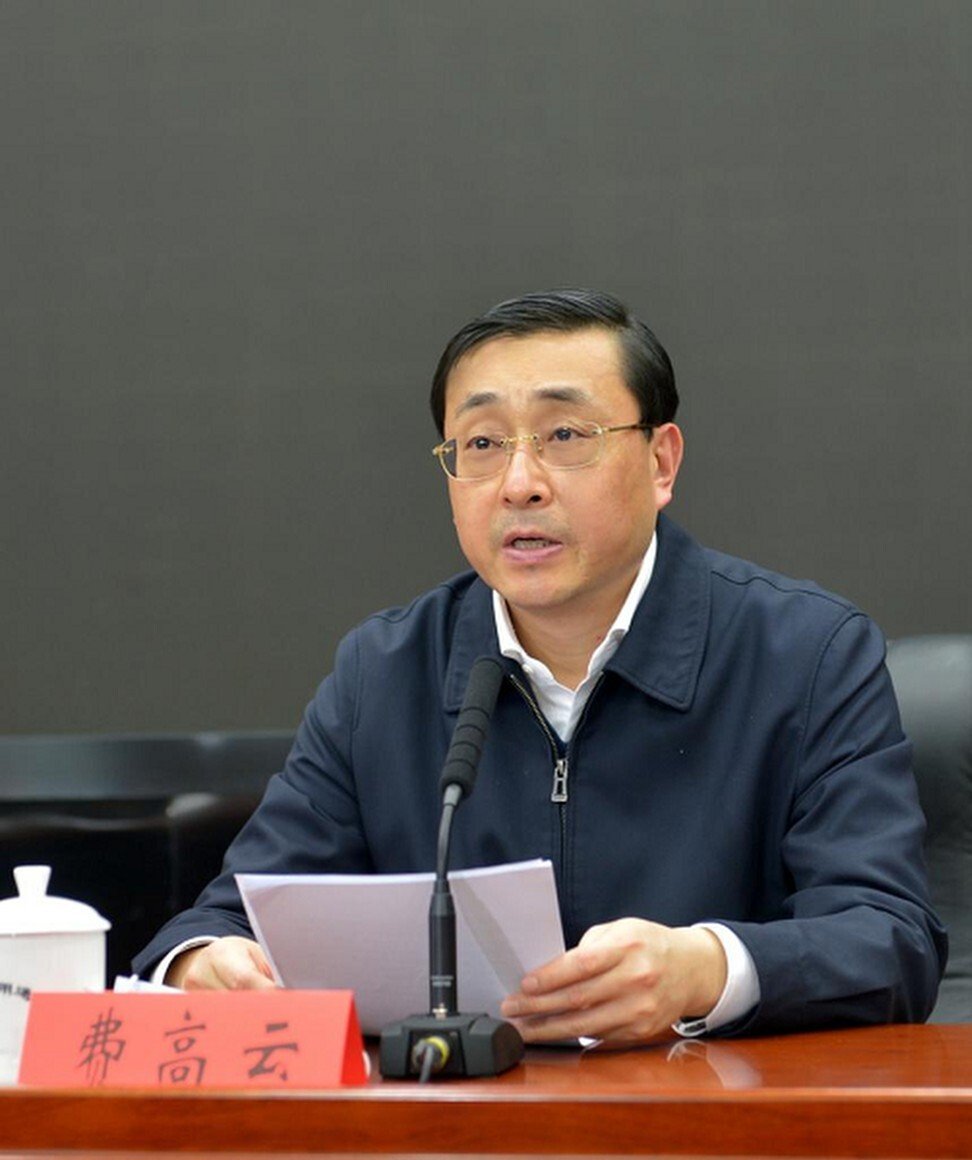
Fei Gaoyun, 49
Fei became a member of the provincial party standing committee and chief of provincial political and legal affairs commission of eastern Jiangsu province in January.
Born in Jiangsu’s Huaian county, the hometown of China’s well-respected first premier Zhou Enlai, Fei graduated with an electronics engineering degree and has spent his career in his home province.
He took up various leadership roles, including as party chief of Yizheng county in 2008 and party chief of Nantong and Changzhou city in 2012 and 2017 respectively.
He was appointed as vice-governor of Jiangsu in 2018 before entering the provincial party standing committee and taking up his current role three years later.
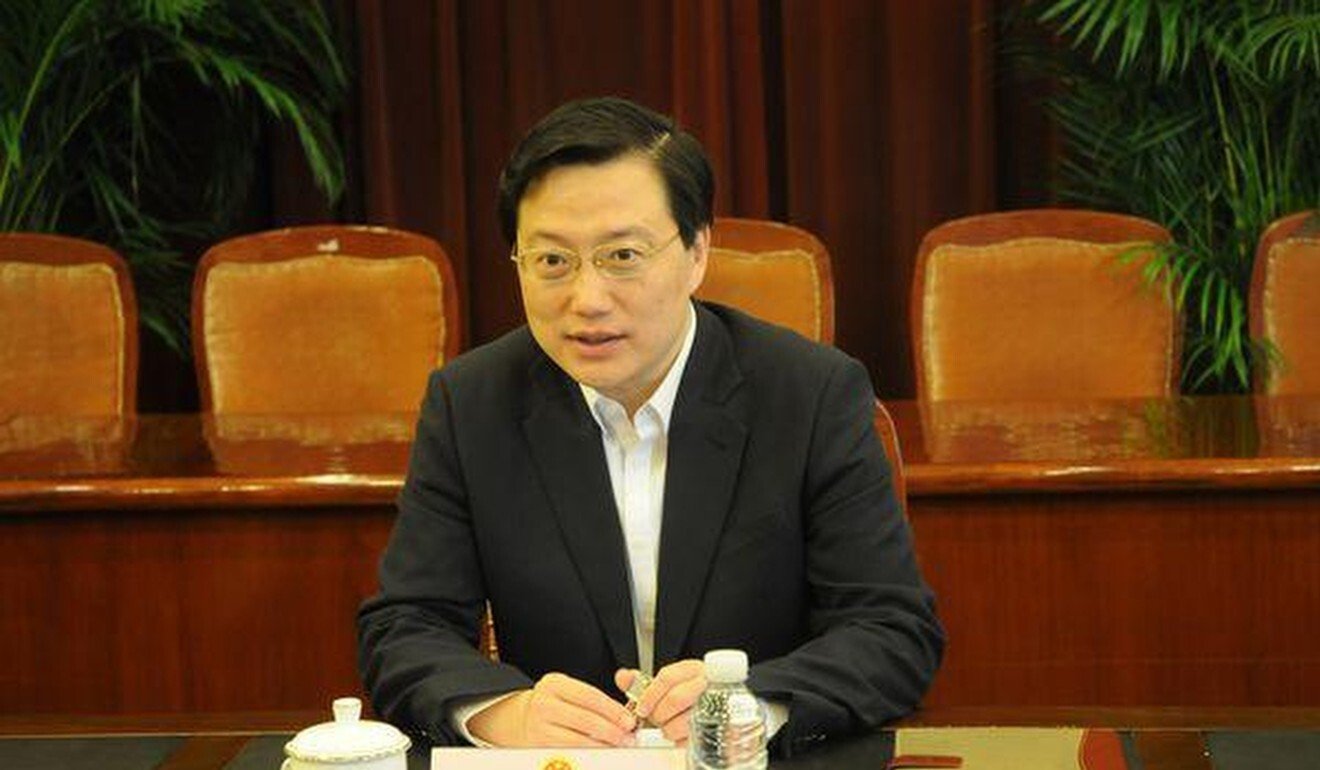
Zhuge Yujie, 50
Zhuge was promoted to Shanghai’s Municipal Party Standing Committee and secretary general of Shanghai’s party committee in May 2017.
Zhuge was born, raised and spent his entire career in Shanghai, the financial capital of China. He started his career in Shanghai’s port and rose to become CEO of Shanghai International Port (Group) before he was transferred to head Shanghai’s Yangpu district as district mayor in 2013.
He was elevated to the Shanghai municipal party committee in 2016 as deputy secretary general and promoted to his current role in 2017.
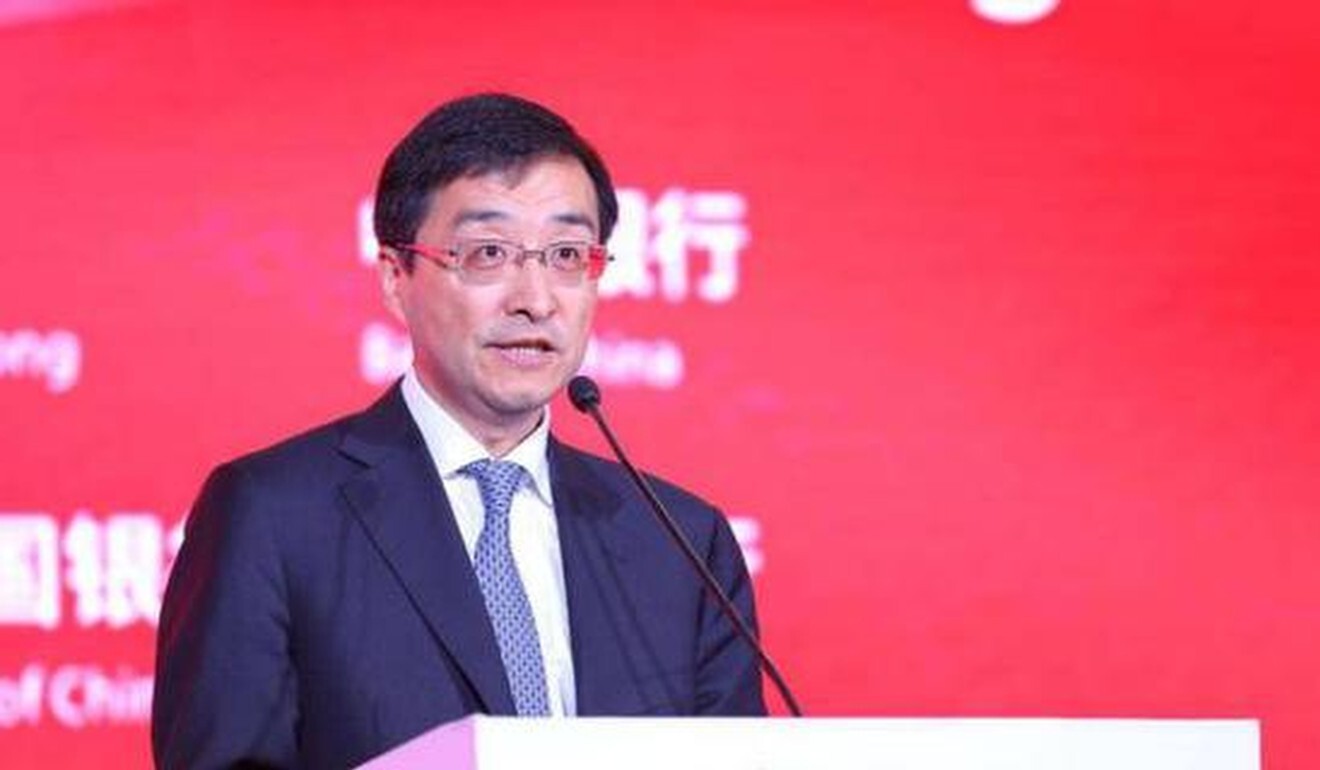
Liu Qiang, 50
Liu Qiang was elevated from vice-governor of east Shandong province to become a member of the provincial party standing committee and secretary general of the provincial party committee in June 2020.
Unlike most of his cohort, Liu started his career in the corporate world, in state-owned Agricultural Bank of China (ABC) in 1993. He was the head of ABC’s operation in Shanghai before he was transferred to become vice-president of the Bank of China in 2016.
He was transferred to Shandong as vice-governor in 2018 and was promoted to his current position in June last year.

Lian Maojun, 50
Lian has been the director of the Tianjin Free Trade Zone and a member of the Tianjin party standing committee since April 2020.
Born in northern Liaoning province, Lian, an IT graduate, worked in the provincial capital Shenyang for most of his career. He spent over a decade leading the development of various hi-tech zones in Shenyang before he was promoted to secretary general of Shenyang municipal government in 2016.
He was transferred to Tianjin in November 2019 as deputy mayor of the major industrial city near Beijing before being promoted to his current role five months later.

Zhou Hongbo, 50
Zhou was appointed party chief of the famous tourism city, Sanya, in southern Hainan province and a member of the provincial party standing committee in January.
Before his transfer to Hainan, Zhou worked primarily in Guangxi Zhuang autonomous region, where he was born. An agriculture expert, he served in the region’s agriculture department before he was promoted to deputy mayor of Guangxi’s regional capital, Nanning city. He became Nanning mayor in 2011.
He was transferred to Hainan in December 2020 and was confirmed in his current position a month later.
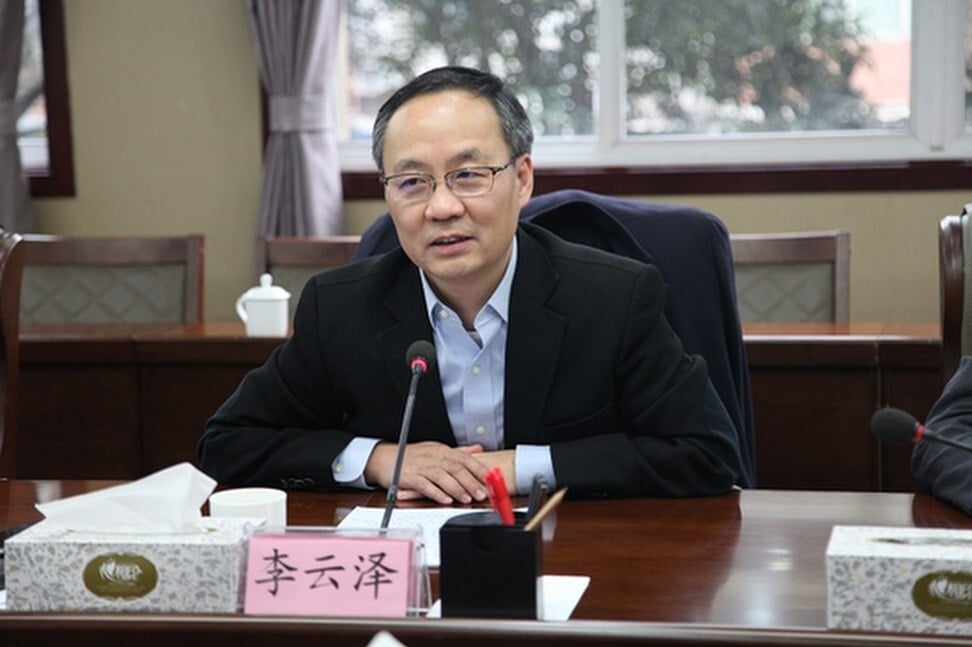
Li Yunze, 50
A native of eastern Shandong province, Li was promoted to the Sichuan provincial party standing committee and the southwestern province’s vice-governor in May.
Holding a civil engineering and Marxism theory degree, Li, just like Shandong’s Liu Qiang, spent over two decades in the state-owned China Construction Bank. In 2016, he was transferred to become a vice-president of the Industrial and Commercial Bank of China (ICBC), China’s biggest state-owned bank.
He left banking and was appointed Sichuan’s deputy governor in 2018. Promotion to his current party role came 20 months later.
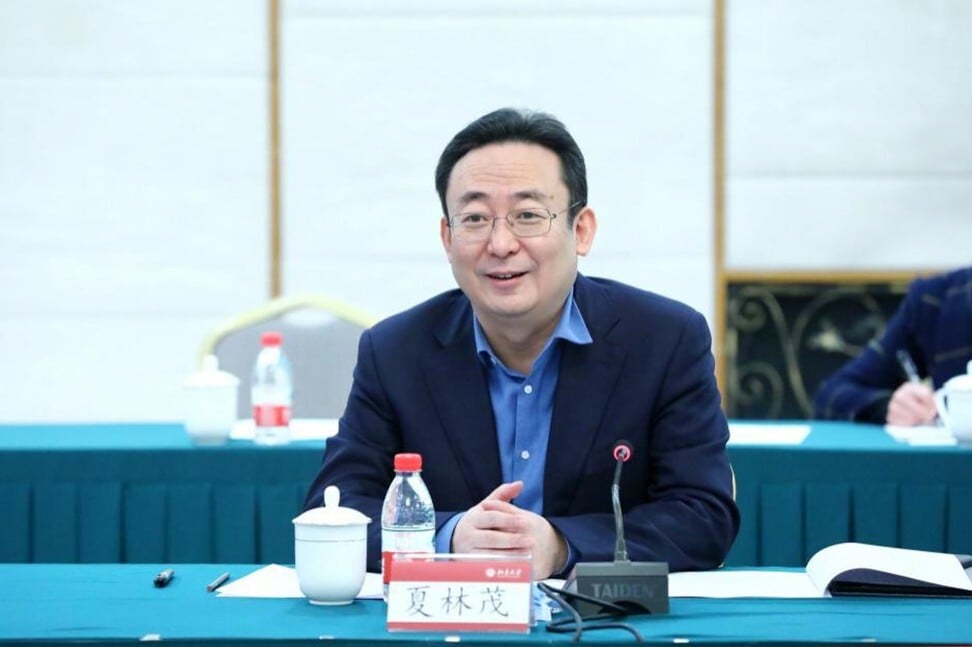
Xia Linmao, 51
Xia became the chief of Beijing‘s education commission and a member of Beijing’s party standing committee in February.
A graduate from Tsinghua University, Xia majored in architecture and holds a PhD in engineering, He spent nearly two decades in Beijing’s Urban Planning Commission, before being promoted to Beijing’s Shijingshan district mayor in 2011.
Before taking up the education portfolio, he served as party chief of Beijing’s Miyun and Dongcheng districts in 2017 and 2018 respectively.
Why do so many people join the Communist Party in China?

Liu Jie, 51
Liu was the first official born after 1970 to become a provincial party standing committee member when he joined the party’s standing committee in southeastern Jiangxi province and served as secretary general of the provincial party committee in May 2016.
He was transferred to southwestern Guizhou province in May 2018, taking up similar duties. In July 2020, he was promoted to head the provincial party‘s organisation department, in charge of the appointment of Guizhou’s officials.
Liu, who graduated from the University of Science and Technology Beijing with a degree in metallurgy, worked for 16 years in a state-owned steel mill in Xiangtan city of central Hunan province, the birthplace of Communist Party founding father Mao Zedong.
Liu was promoted to director of Hunan’s Department of Commerce in 2008 and transferred to become mayor of Jiangxi’s Xinyu city in 2011.

Shi Guanghui, 51
Shi Guanghui became the chief of the provincial political and legal affairs commission and a member of the provincial party standing committee of southwest Guizhou province in November 2018.
Born in eastern Anhui province, Shi graduated from the Department of Road and Traffic Engineering of Shanghai’s Tongji University and worked for 15 years in the Shanghai Municipal Engineering Construction Development Co., Ltd. He became deputy director of the Shanghai Municipal Engineering Administration in 2005.
He rotated in leadership positions in Shanghai’s Jiangan and Fengxian districts in 2006 to 2011, before becoming deputy Shanghai mayor in 2013.
He was transferred to Guizhou in 2018 to take up his current position.
Other names of note
While the following members are not currently provincial party standing committee members, they have held important posts and are also considered high-flyers and potential future leaders in the party:
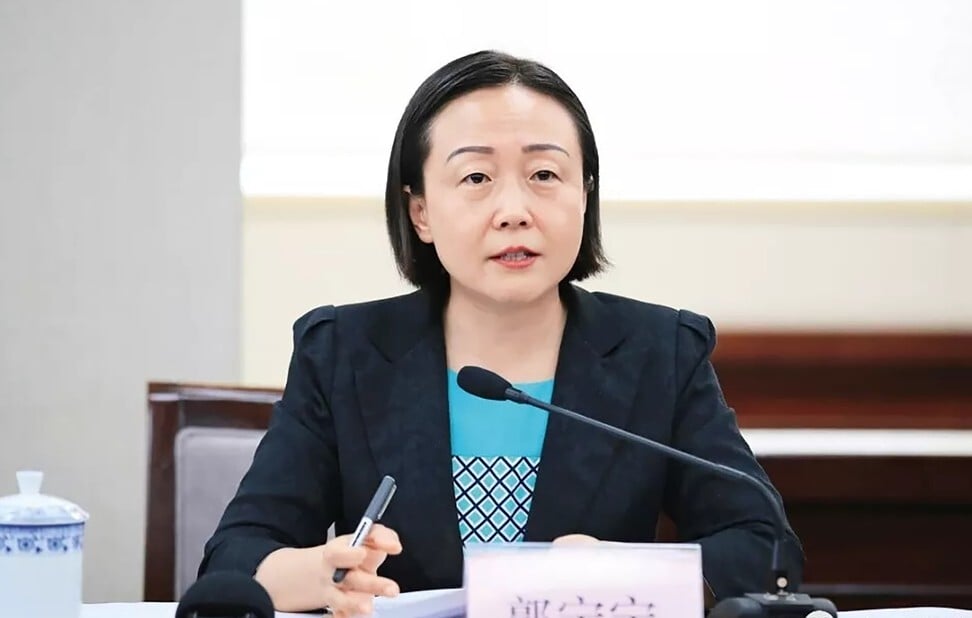
- Guo Ningning, 50
The deputy governor of southeast Fujian province since 2018, Guo is the only female party member born after 1970 to have reached provincial leader rank. She had extensive banking experience in the Bank of China and Agriculture Bank of China before joining the local administration.

- Qin Weizhong, 50
Qin became the youngest mayor of China’s tech capital, Shenzhen, when he was formally appointed in May. A graduate of the prestigious Tsinghua University, he is widely regarded as a protégé of current Communist Party organisation department chief Chen Xi.
- Zhou Liang, 50
Zhou worked as principal secretary to China’s vice-president Wang Qishan in the early part of his career. He became the deputy chairman of China’s financial regulator, the China Banking and Insurance Regulatory Commission (CBIRC), in March 2018.
- Li Xinran, 49











